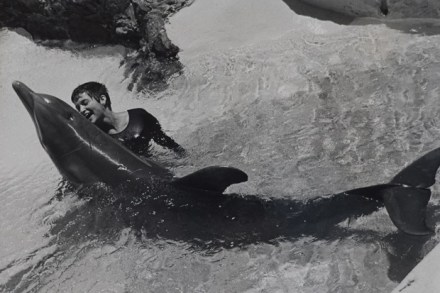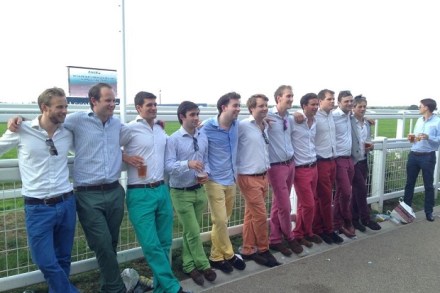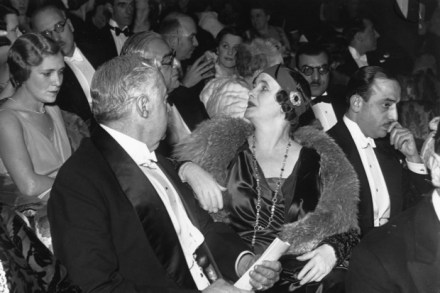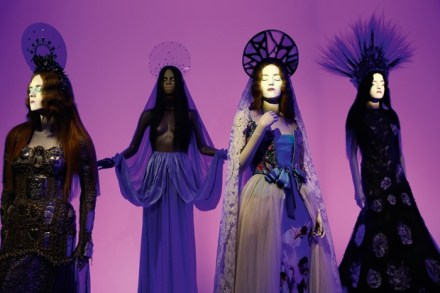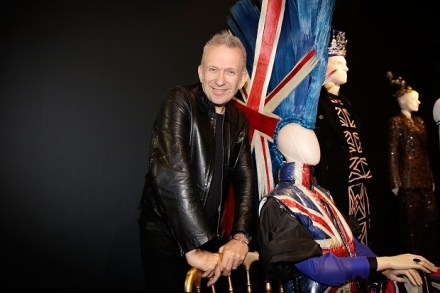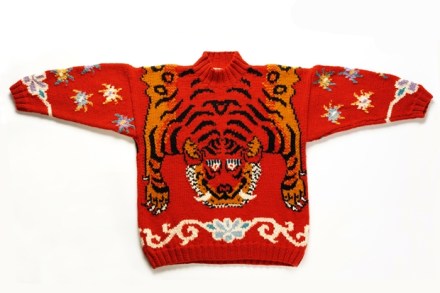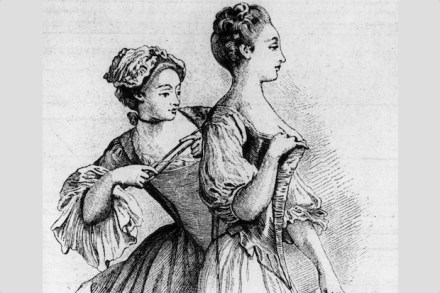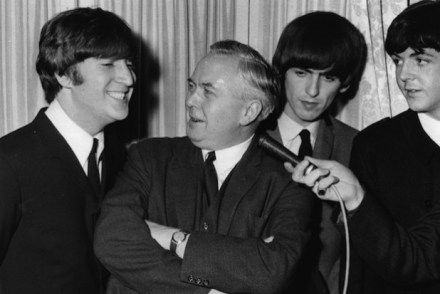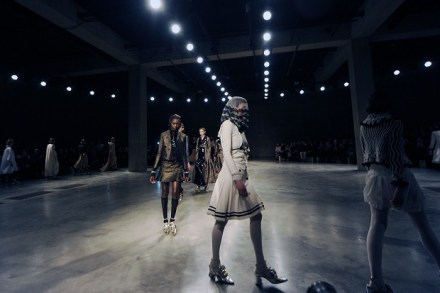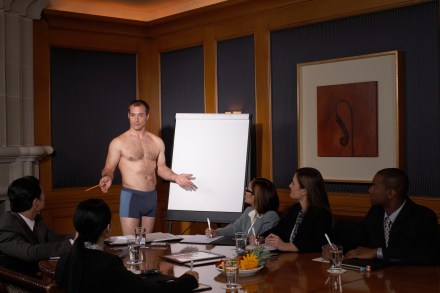I love that people assume I’m gay
At a birthday dinner over the weekend I was introduced to this delightful party girl of a certain age whose diet for the evening consisted of chips and Grey Goose vodka on the rocks with lime. She launched straight into the praises of this marvellous gay couple she knew in the area who were mad keen on hunting, kept getting injured but didn’t care, and who she was sure I’d get on with like a house on fire. They did indeed sound like my kind of people. But it was only later, after my new friend had had a few more and she had expressed surprise at the existence of
